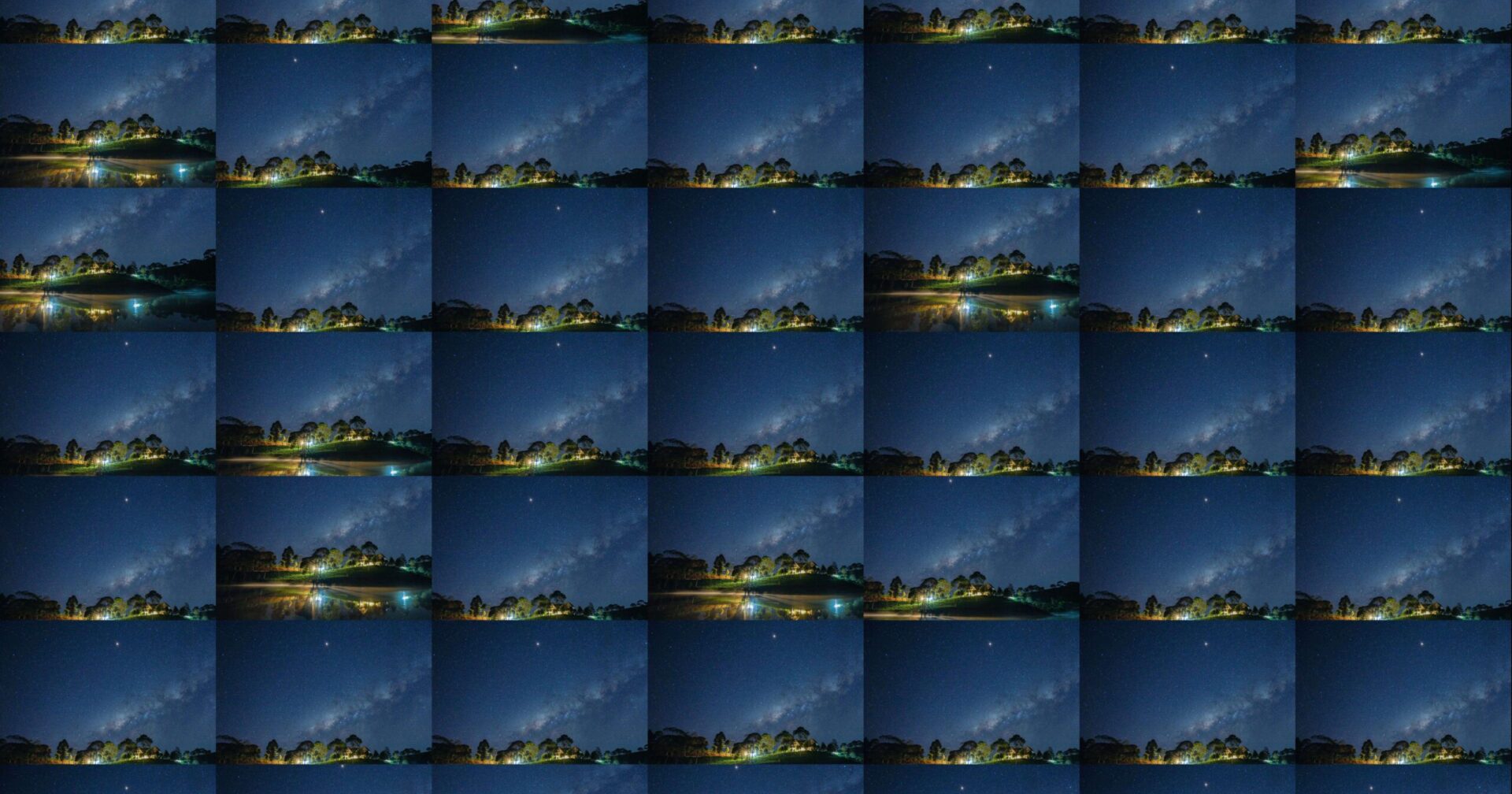Multiverse from Home 2025 has ended. The public talks from the conference are all available in this YouTube playlist. If you wish to gain access to the rest of the Conference Materials, e.g. discussion recordings, you can request access via this form.
Stay tuned for the announcement of Multiverse from Home 2026 next year!
Multiverse from Home is an online cosmology conference with an innovative format. This format, pioneered by Cosmology from Home, produces a dynamic and collaborative workshop experience within the online domain. It includes the use of pre-recorded talks, and a combination of asynchronous and scheduled live discussions. A permanently available and freely-navigated discussion space also facilitates ongoing, organic discussions.
What Multiverse from Home is for
When astrophysicists, cosmologists, particle physicists or philosophers confront the multiverse paradigm, and associated anthropic arguments, they inevitably arrive at questions their community cannot answer.
- Theoretical physicists might ask: “If a model changes the distribution of some parameter, what does that quantitatively mean for the existence of sun-like stars?”
- Whereas astrophysicists might ask: “What prior distribution should be used for the fundamental parameters in this star formation model?”
- And everyone will inevitably ask: “Are these even the right questions? Is it possible to meaningfully tackle the measure problem in an infinite multiverse?”
Making any progress on understanding, and scrutinising, the multiverse paradigm inevitably requires interdisciplinary collaboration. Multiverse from Home will bring together astrophysicists, cosmologists, philosophers and particle physicists from around the world to discuss, and share ideas on this paradigm, and its implications for anthropic reasoning.
Why you should attend
If you want to understand the current state of research in any of these fields, or you want to help identify promising new research directions, you should sign up. We hope that by bringing together these communities, which rarely interact, new collaborations on well-defined projects will form and (hopefully!) advance our understanding of these fundamental questions.
Planned Themed Discussions During the Event
- How should we choose the prior on different cosmological parameters/fundamental constants?
- How should we define an “intelligent observer”? Is total star formation enough?
- What are the most promising strategies to advance research in the field?
- Starting with closed, finite universes where probability measures are easier to define?
- More accurate modelling of star formation?
- Biological considerations on the nature of “observers”?
- What future possible observations should increase/decrease our degree of belief in a multiverse?
- … Many more on topics suggested by participants during the event.
Confirmed Research Talks
- Alex Jenkins
- Andrei Linde
- Anshuman Maharana
- Boon Kiat Oh
- Daniele Sorini
- David Sloan
- Dibyashree Sengupta
- Fred Adams
- Geraint Lewis
- Juhi Dutta
- Kai Murai
- Luke Barnes
- Matthew Johnson
- McCullen Sandora
- Raphael Gobat
- Secloka Lazare Guedezounme
- Simon Friederich
- Tomonori Totani
Organizers
Daniele Sorini (University of Durham)
Shaun Hotchkiss (Effective Research Sharing)
Luke Barnes (Western Sydney University)
Lucas Lombriser (Université de Genève)
Boon Kiat Oh (University of Connecticut)
Advisors
Sownak Bose (University of Durham)
Richard Easther (University of Auckland)
John Peacock (University of Edinburgh)
Tomonori Totani (University of Tokyo)
Neil Turok (University of Edinburgh)
Sylvia Wenmackers (KU Leuven)
